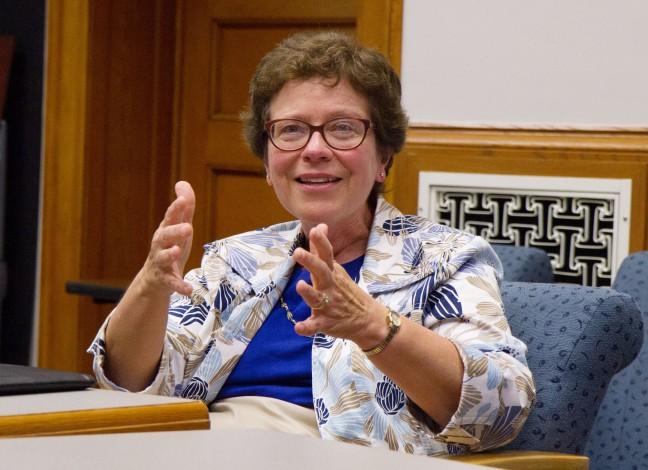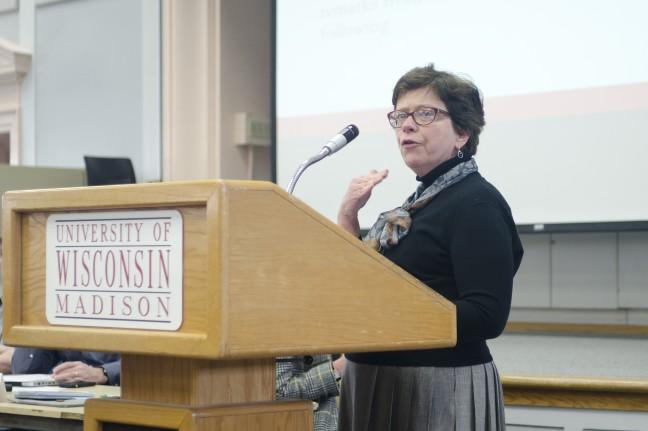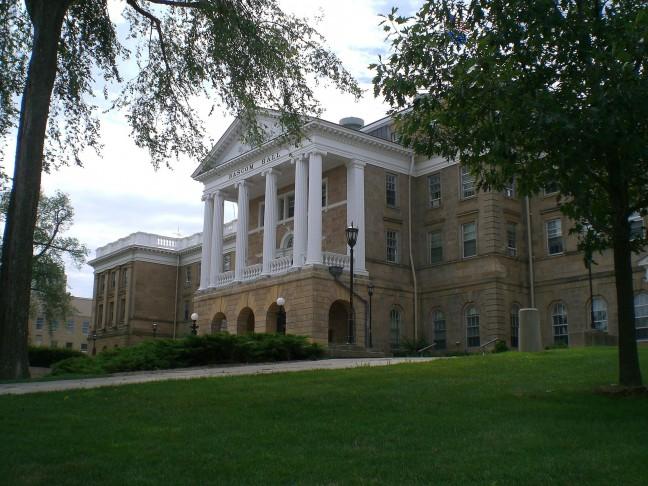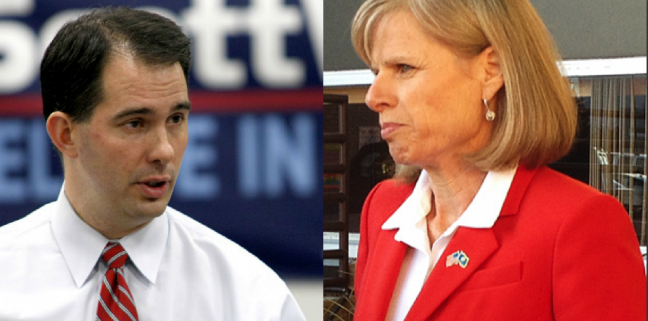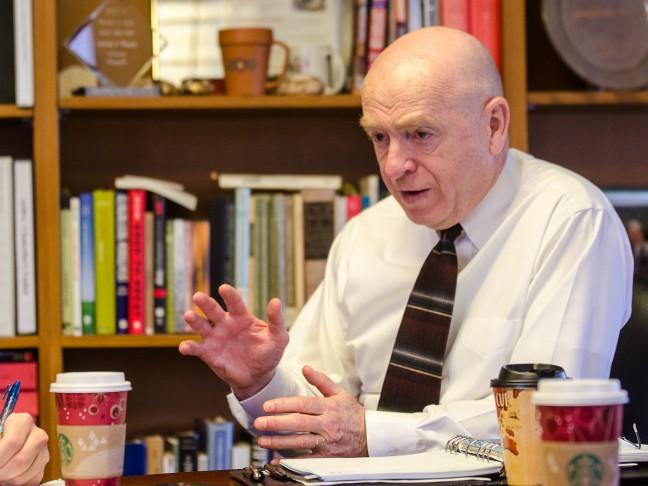Faculty members’ concerns about the instructor-student support system and assessment mechanisms for the new massive open online courses program coincided with a national survey released Monday.
Four MOOCs taught by University of Wisconsin professors will be open to the public starting this fall, and an unlimited number of people, regardless of whether they are registered students, will be able to access the courses online without any fee.
Mark Etzel, a UW food science professor, said MOOCs pose extra challenges for instructors who refine and improve teaching through in-person interactions with students.
“I present complicated engineering content that students don’t understand, they come to the office and I try to explain to them …you can just see the light bulb goes off…I incorporate that in lectures,” Etzel said.
But teaching a MOOC makes the course material static after a few years, he said. He said this is not beneficial and that “the light bulb never goes off.”
UW professors are not alone in questioning the quality and effect of MOOCs, according to a national survey by The Chronicle of Higher Education released Monday.
According to the national survey sent to more than 180 professors who have taught MOOCs, more than half of them felt the online courses were not as rigorous academically as their classroom versions.
Vice Provost of Lifelong Learning and Dean of UW’s Division of Continuing Studies Jeffrey Russell said inherently with MOOCs, the scale of reach is not the same as the intimate relationship as the residents-based program.
“That’s why we are not …putting everything online, that’s not what we are saying. We need to be in the phase of experimenting, researching and bringing good practices so that we can improve our residential face-to-face experience,” Russell said.
Russell also said that the university will not offer college credits for the four MOOCs in the first phase of the project but might explore that option in the future.
However, 72 percent of The Chronicle survey participants felt students who do well in their MOOCs do not deserve formal college credits from their home institutions.
Russell said the project is still in the first phase and reiterated that the MOOC program is an experimental pilot.
According to a UW report, course design team members will develop reports on issues such as quality of learning, course design and the functionality of the learning platform, Coursera, at the end of the current phase.
Russell also said the Educational Innovation Core Team will take the findings from phase one into consideration as they begin to articulate goals and tentative plans for the second phase, including selecting the next group of courses to deliver in the new form.
Sara Goldrick-Rab, an educational policy and sociology professor, said the real challenge lies in defining the central purpose of MOOCs instead of seeing it as the magic bullet in education.
In an email to The Badger Herald, Goldrick-Rab said there seem to be two distinct rationales.
Some see the program as a way to deliver quality and accessible college education, while others think by creating “rockstar” professors, the program helps further the dissemination of their research and the Wisconsin Idea, Goldrick-Rab said.
“These are very different rationales, and given the constraints on our time and resources at UW-Madison, I think we need consensus on purpose before diving into new endeavors,” Goldrick-Rab said. “Most importantly, we shouldn’t succumb to peer pressure; if our main goal here is to emulate Stanford and Princeton and thus to seek greater status, then this MOOC effort is a waste of energy.”
No matter what the central purpose of MOOCs is, Russell said the original purpose was not to make a profit off the new form of teaching.
“It is clear that we did not go into this with the mindset of figuring out a business model; this is clearly an experiment, looking at learning documents and sharing that with our colleagues. The intent is not to monetize it,” he said.








